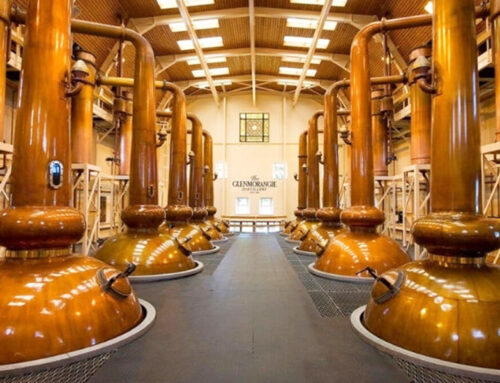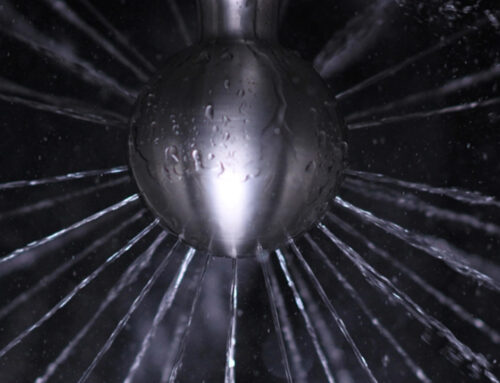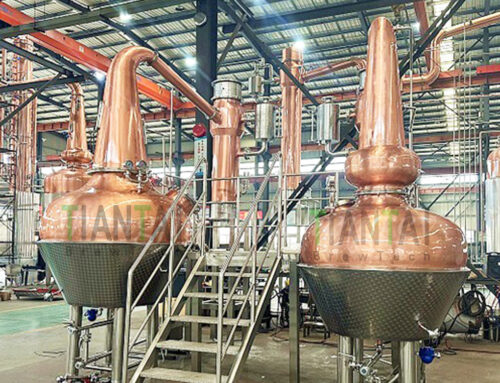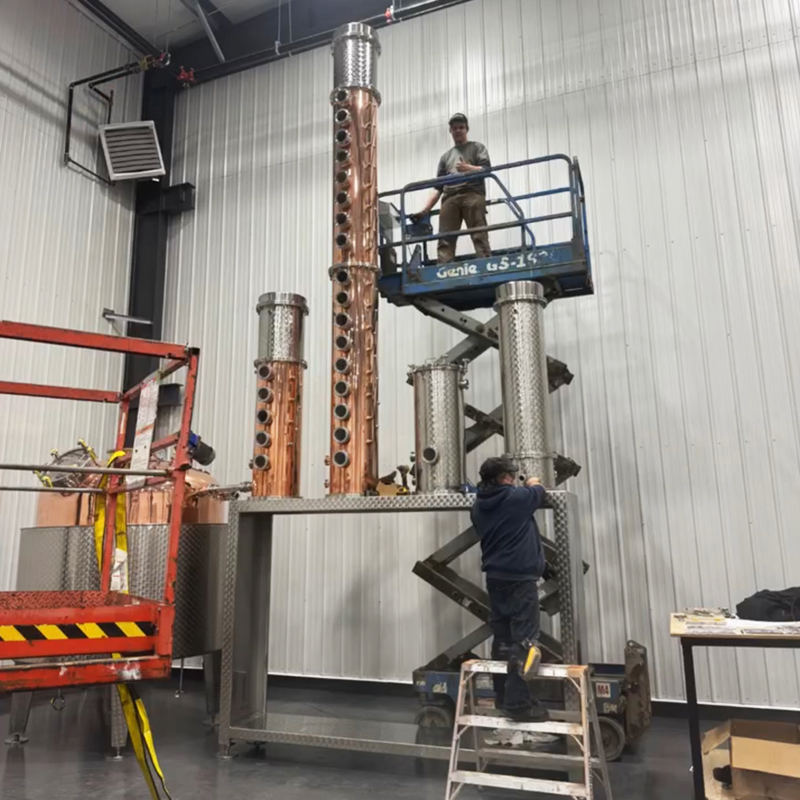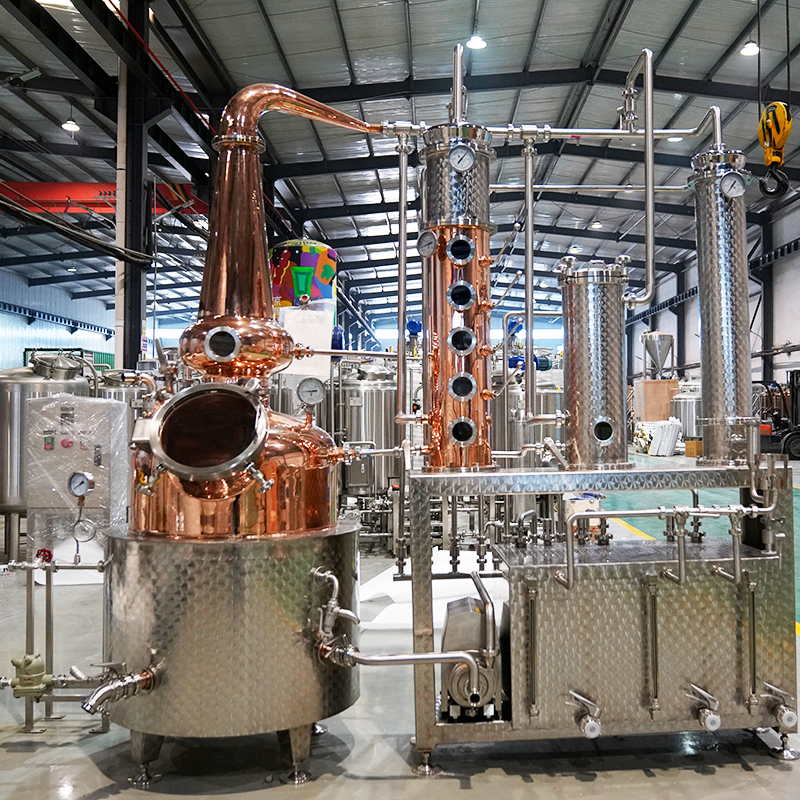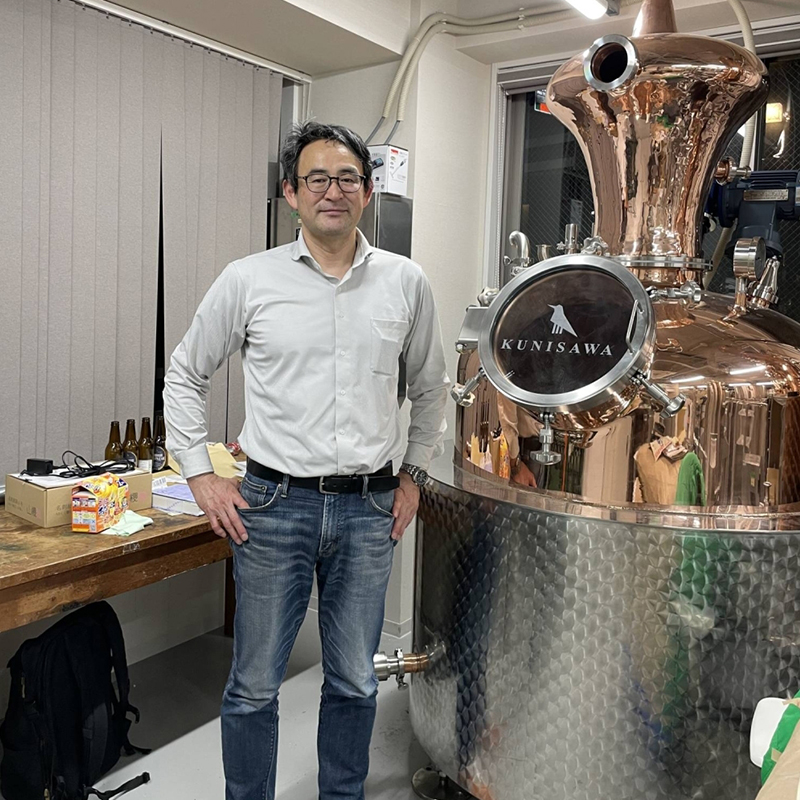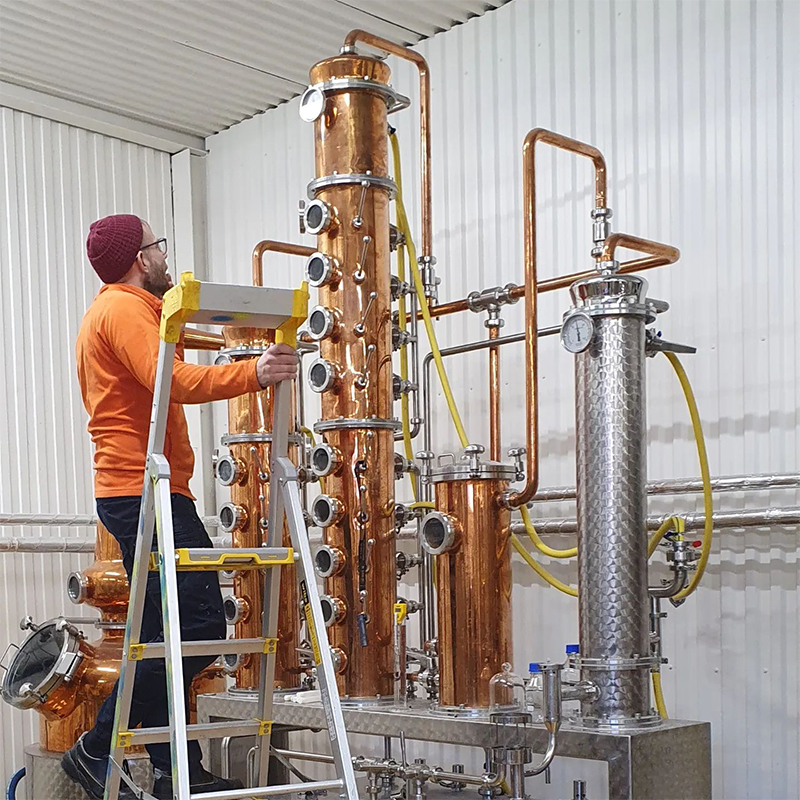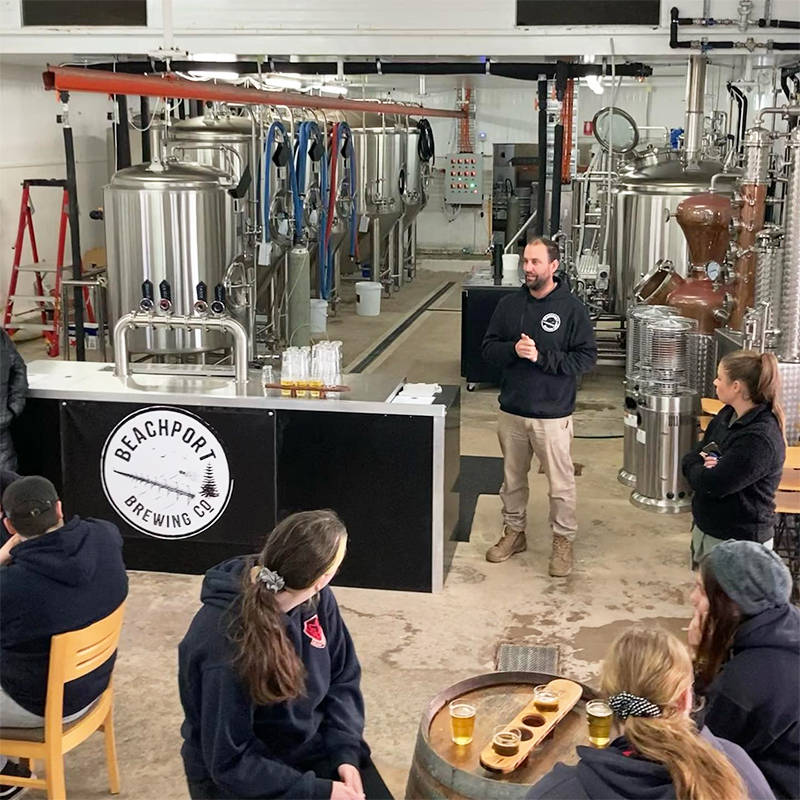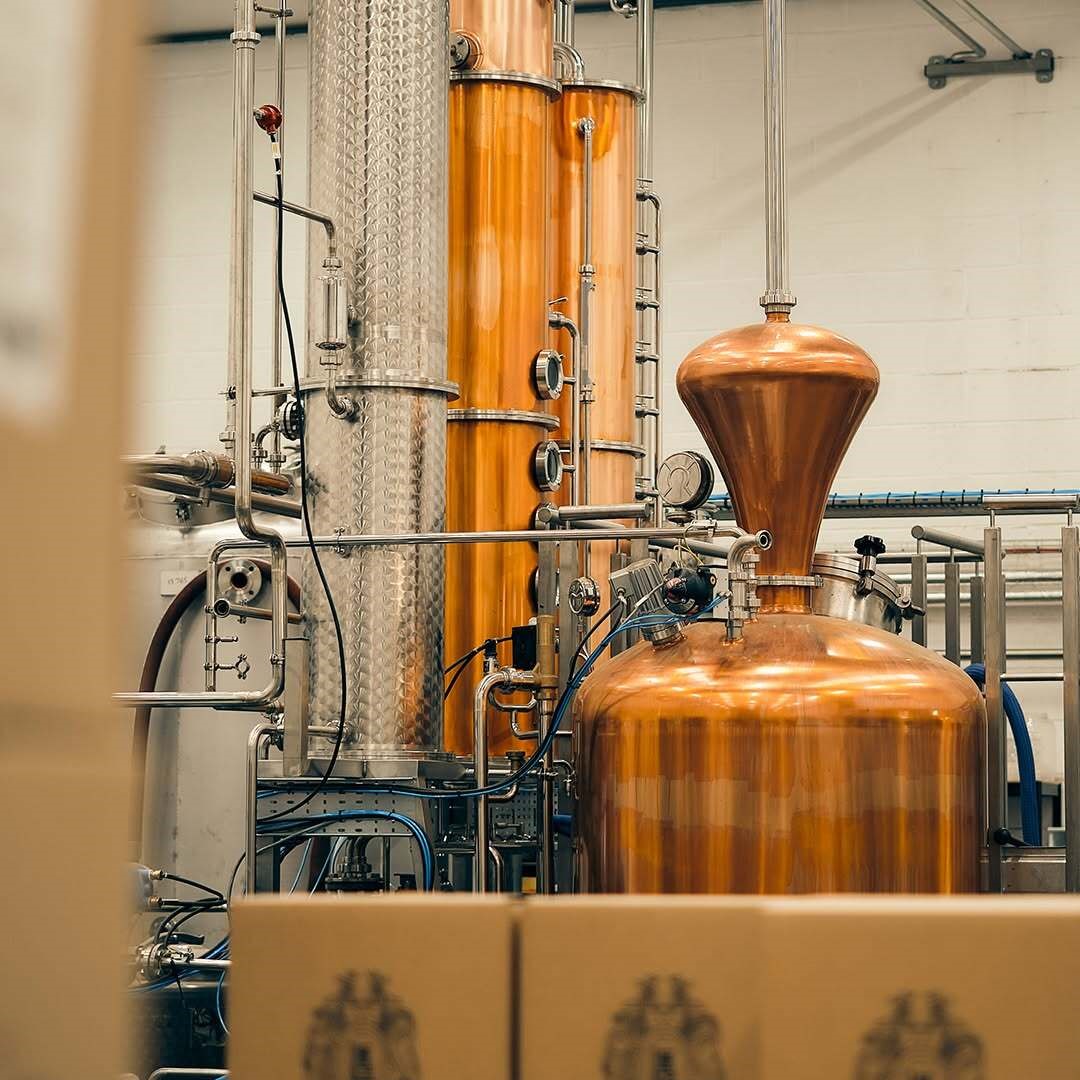
How Gin is Made and the Role of Distillation Equipment
Gin has earned its place as one of the fastest-growing spirits globally. Loved for its versatility and creativity, gin production combines tradition with innovation. But what exactly defines gin, and how is it made? More importantly, how does professional gin distillation equipment play a role in achieving consistent, high-quality results?
What is Gin?
At its simplest, gin is a spirit made from ethyl alcohol and flavored with natural botanicals. Juniper berries are the one essential ingredient—they must be the predominant flavor. By law, gin must have an alcohol strength of at least 37.5% ABV.
Unlike Scottish single malt whisky, which is bound by strict regulations, gin leaves distillers much more freedom to experiment. Terms like “distilled gin” and “London gin” define specific production methods, but they still allow for innovation. This flexibility is what makes gin so exciting for both new and established producers.
The Base Spirit
Most gins begin with a neutral base spirit distilled to a high strength, then reduced to around 60% ABV before infusion. While some distilleries produce their own base spirit, many buy it from large-scale suppliers. The quality of this spirit is critical, as it forms the foundation for flavor development.
The Botanicals
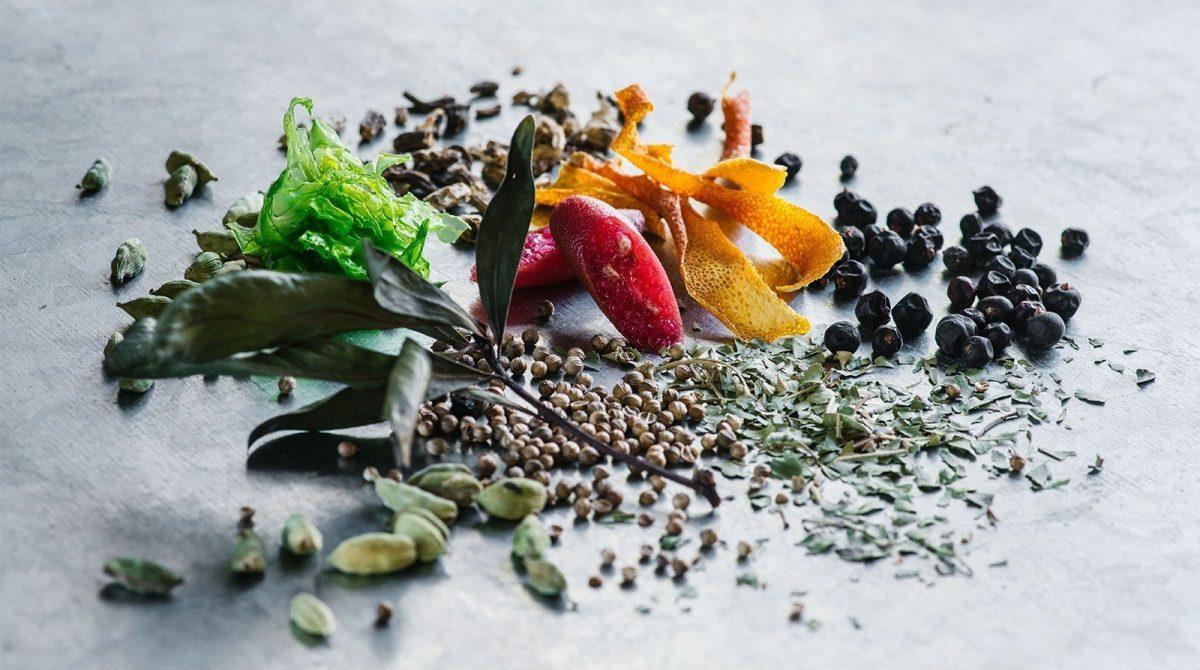
Every premium gin includes a blend of botanicals. Juniper is essential, but other common ingredients include coriander seeds, angelica root, citrus peels, spices, teas, and even flowers or exotic fruits. A good-quality gin typically has six to ten botanicals, but the possibilities are endless.
Methods of Gin Production
There are several methods distillers use to infuse botanicals:
Steeping: Botanicals are soaked in the spirit before distillation. The length of steeping impacts flavor intensity.
Immersion in Pot Stills: Botanicals are distilled directly with the spirit. The still is heated, and distillers carefully collect the middle run (hearts) for the best quality.
Vapour Infusion: Botanicals are suspended in baskets above the spirit. Rising vapors gently extract their flavors, producing a more delicate gin.
Individual Distillation & Blending: Each botanical is distilled separately, and the extracts are blended for a precise, controlled flavor.
Why Distillation Equipment Matters

To achieve consistent and market-ready gin, the right equipment is essential. Professional gin stills, vapour infusion baskets, and turnkey gin distillation systems allow producers to maximize efficiency and capture delicate botanical flavors.
As a leading manufacturer of gin distillation equipment, we specialize in:
- Custom-designed gin stills for craft and industrial producers.
- Stainless steel systems that ensure durability, hygiene, and safety.
- Flexible configurations for steeping, vapour infusion, or blended extraction.
- Turnkey gin production lines, including installation, automation, and operator training.
Whether you are launching a craft gin brand or expanding into large-scale production, our equipment ensures consistency, reliability, and superior flavor extraction.
Conclusion
Gin is defined by tradition yet thrives on innovation. From the base spirit to the choice of botanicals and production method, every decision shapes the final product. But without the right equipment, achieving repeatable quality and efficiency is nearly impossible.
Suppose you’re ready to start or expand your gin production. In that case, our expert team can design, manufacture, and install the ideal gin distillation system for your needs—helping you create a signature gin that stands out in today’s competitive market.

